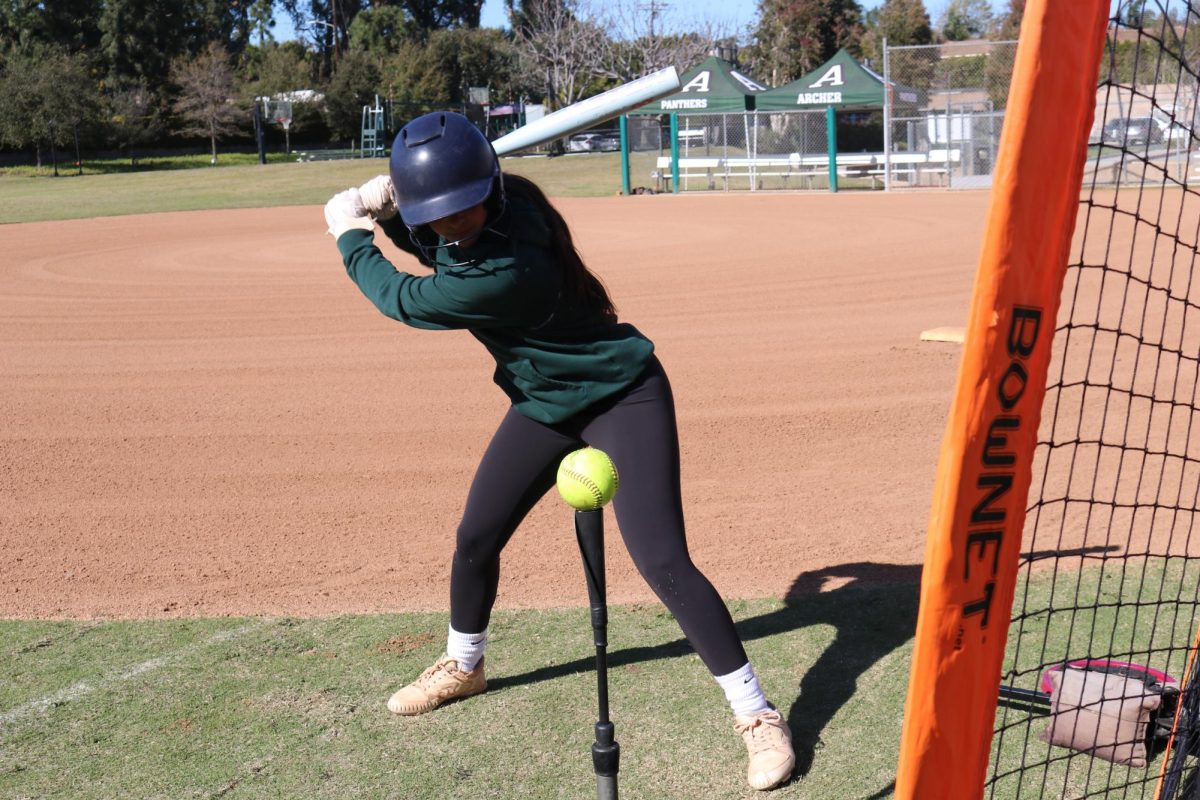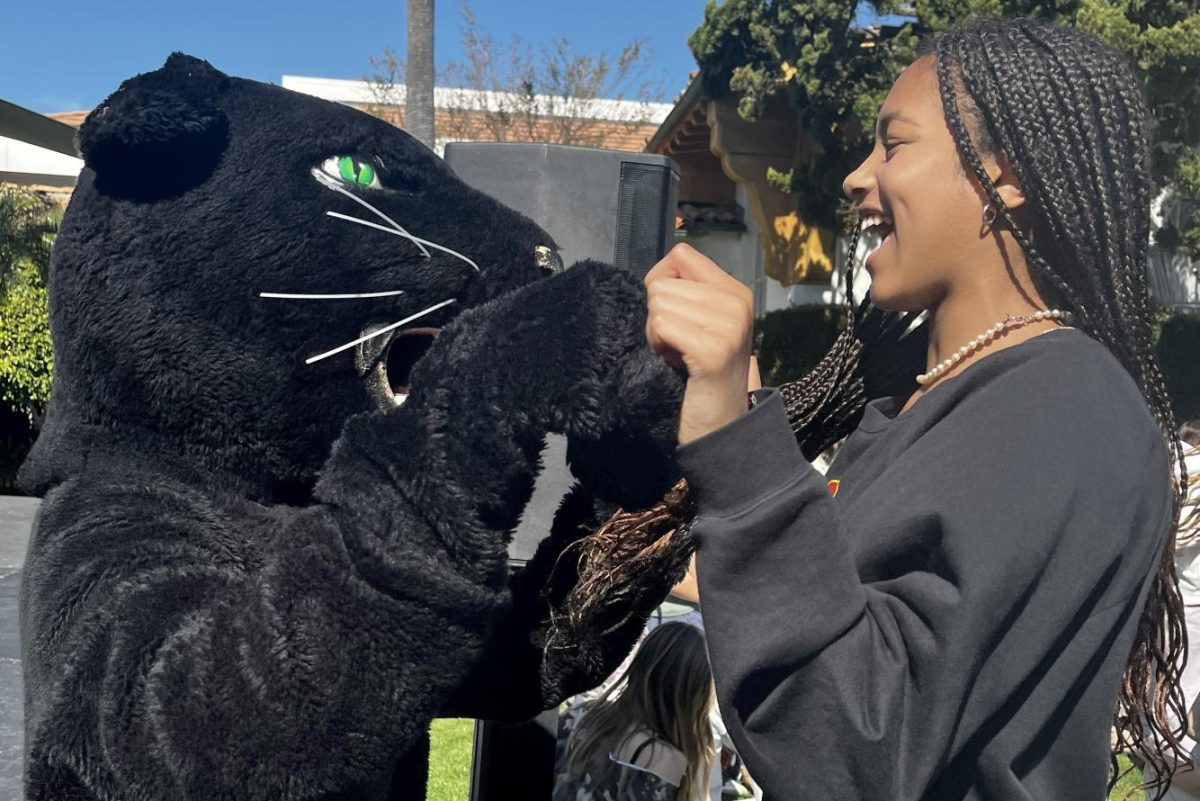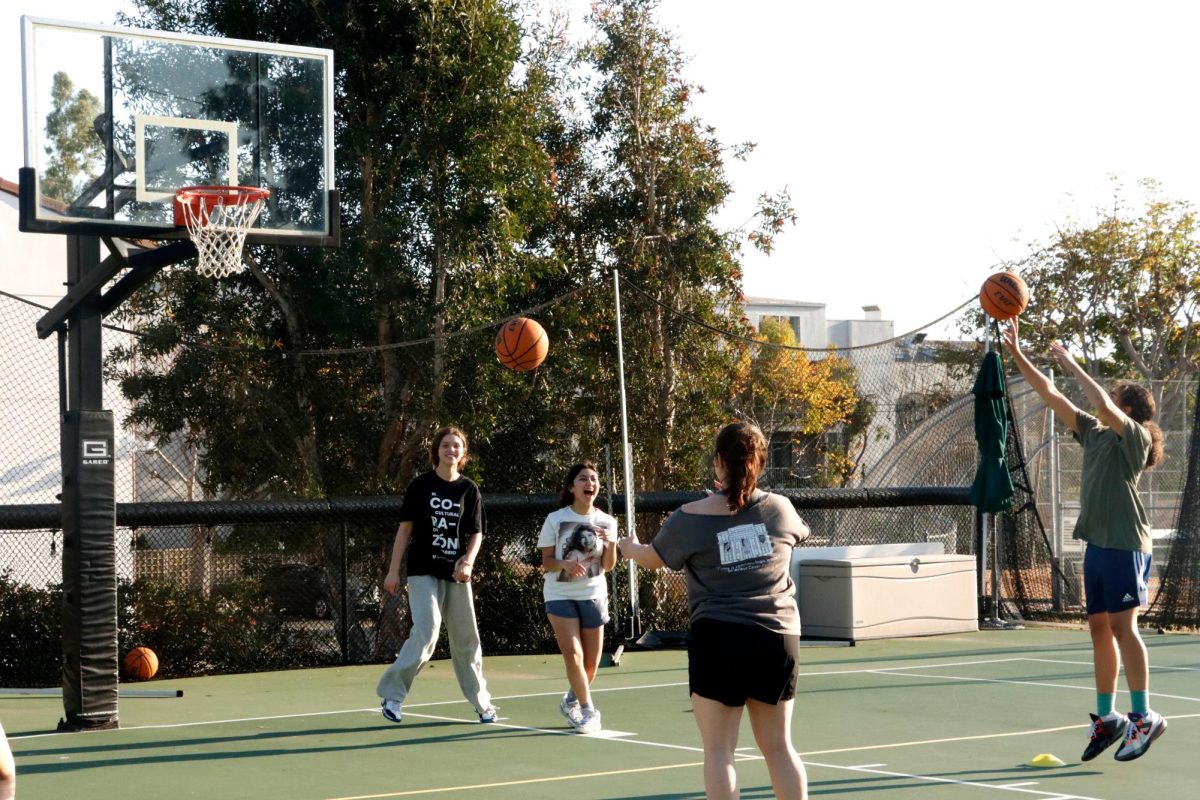The U.S. men’s hockey team defeats the Soviet Union in the 1980s Winter Olympic Games; unseeded teenager Boris Becker wins Wimbledon; Gabby Douglas becomes an Olympic Champion; Max Verstappen becomes a Formula 1 World Champion; Greece wins Euro 2004.
These stories are all famous tales of when the underdog prevailed. Sports fans love a good upset, and Archer’s student-athlete population is no different.
From a small town outside of Cleveland, Ohio, Pamela Kalinoski walked onto the UNC Chapel Hill women’s soccer team her freshman year of college as player 26 out of 26. She went on to lead her team to four NCAA national championships and undefeated seasons, made the All-American team as a freshman and became the team captain and MVP of the national championship her senior year.
After coaching 10 years of Division I soccer, she founded Mindset Sports, where she works as a mindset performance coach. Kalinoski works with athletes and teams to enhance their performance through a psychological approach. Kalinoski spoke at and facilitated a workshop in the library during US FLX Block Tuesday, Nov. 14.
Members of the Athletic Leadership Council hosted the workshop, and it was open to all upper school students. Around 20 students participated in the interactive event.
Kalinoski stressed the importance of having self-awareness as an athlete. During the workshop, she had attendees fill out a self-reflection worksheet with the intention of gaining self-knowledge.
“Self-awareness is the ability to understand one’s own strengths, weaknesses and impact on others,” Kalinoski said. “Having self-awareness is crucial to effectively leading and collaborating with your team. It allows you to recognize your own biases, manage your emotions and be more empathetic towards your teammates. It also helps you recognize where your blind sides may exist. If people are truly self-aware, they can see their own patterns of behaviors and motives.”

Kalinoski asked attendees to consider a series of quotes and their relation to the theme of self-awareness. Attendee and varsity tennis player Presley Forster (’25) said before the workshop, she had not thought about the correlation between self-reflection and sports performance.
“I definitely learned the importance of self-awareness. She talked about how only 10-15% of people actually have self-awareness,” Forster said. “So, I got to learn about different ways that I can improve my self-awareness and learn more about myself. In terms of tennis, I thought about how to minimize my weaknesses by working on my consistency and form to improve my skills.”
Kalinoski also discussed the benefits on knowing your personal triggers and being aware of your energy and mood.
“Being triggered is a gift because it shows you where you’re not free,” Kalinoski said. “This will help a leader be better prepared to handle future situations and best manage the team. Emotions are contagious. Your mood affects other moods. This is especially important in sports. A leader can energize a team through their actions and positive emotions or they can demotivate a team.”
Kalinoski also shared five daily habits for the audience to implement, such as seeking feedback, meditation and taking care of a plant. She closed the session with an affirmations activity where each participant shared “I am…” statements.
“We are all on an endless journey of self-discovery,” Kalinoski said. “We have to have a clear internal mirror to really understand ourselves and what we bring into a team outside of our talent.”







![Laila Boodell ('28) gently hugs her show horse, Calvin, while on a walk around her barn. "[Calvin] is gigantic, but he's like a little puppy," Boodell said. "He's insanely obedient."](https://archeroracle.org/wp-content/uploads/2025/02/MG_0073-1200x800.jpg)



Ken Howard • Oct 17, 2024 at 4:13 am
I was wondering what your thoughts are on Marijuana use by coaches, now that it is legal in CA? Is this becoming culturaly acceptable?